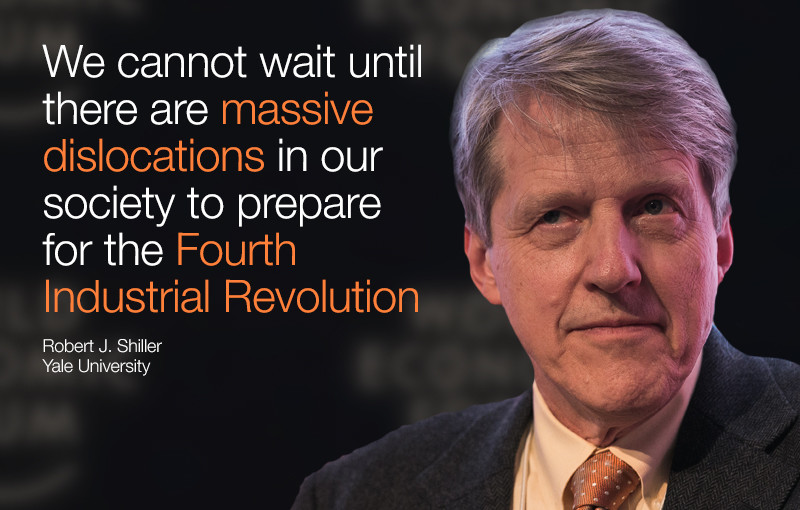The top 20
A Brief History of Time by Stephen Hawking
A Vindication of the Rights of Woman by Mary Wollstonecraft
Critique of Pure Reason by Immanuel Kant
Nineteen Eighty-Four by George Orwell
On the Origin of Species by Charles Darwin
Orientalism by Edward Said
Silent Spring by Rachel Carson
The Communist Manifesto by Karl Marx and Friedrich Engels
The Complete Works by William Shakespeare
The Female Eunuch by Germaine Greer
The Making of the English Working Class by EP Thompson
The Meaning of Relativity by Albert Einstein
The Naked Ape by Desmond Morris
The Prince by Niccolò Machiavelli
The Republic by Plato
The Rights of Man by Thomas Paine
The Second Sex by Simone de Beauvoir
The Uses of Literacy by Richard Hoggart
The Wealth of Nations by Adam Smith
Ways of Seeing by John Berger
Fonte: aqui










